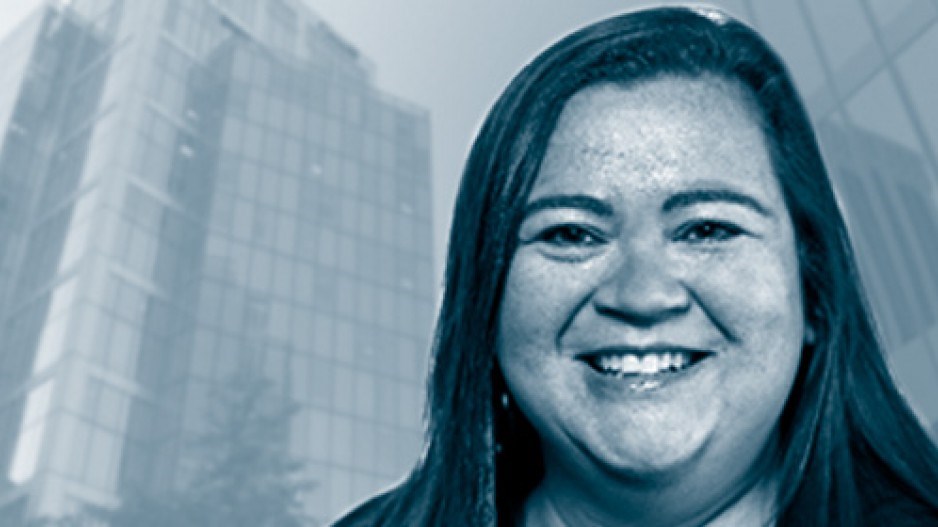2017 proved to be an intriguing year as it pertained to Indigenous issues, and 2018 promises to be just as interesting.
Some highlights of 2017 include the election of four Indigenous MLAs in B.C. They include current BC NDP ministers Melanie Mark (Advanced Education) and Carol James (Finance) of Métis descent. The Liberals have a First Nation MLA, Ellis Ross, and the BC Green Party has Adam Olsen. This bodes well for ensuring diverse Indigenous views are represented in the B.C. legislature.
On the federal front, Indigenous and Northern Affairs Canada has been split into two ministries. Minister Carolyn Bennett heads Crown-Indigenous Relations and Northern Affairs, while Minister Jane Philpott leads Indigenous Services Canada. In addition to this split, federal Minister of Justice and Attorney General Jody Wilson-Raybould has announced principles to respect the federal government’s relationship with Indigenous people and has recently announced that the federal Liberals will back a bill proposed by the NDP to fully implement the United Nations Indigenous rights declaration. We have also seen the start of the National Inquiry into Missing and Murdered Indigenous Women and Girls underway. It seems Canada has ramped up its efforts.
On the First Nations political front, Terry Teegee was elected as BC Assembly of First Nations regional chief from northern British Columbia and is a very thoughtful and intelligent leader who we can all look forward to hearing from.
With some political stability now in place at all three levels, will 2018 be the year to make progress on Indigenous issues? One can only hope – but there are many issues still lingering that challenge all parties – especially major infrastructure projects such as the Trans Mountain pipeline expansion and Site C.
Looking out to 2018, things to watch will include the fate of these projects and some remaining liquefied natural gas projects. Megaprojects have been and will continue to be galvanizing to everyone, but, ironically, all the legal leverage seems to rest with First Nations, and while some political decisions have and will be made, the courts will continue to make determinations on the fate of these projects.
For these issues to stay out of the courts, we will need a clear road map to reconciliation between First Nations and government. We will need clear progress on resolving issues around First Nation rights, title and jurisdiction. We will need more clarity on what implementing the United Nations Declaration on the Rights of Indigenous Peoples really means for governments, First Nations and industry. While consensus is unlikely, certainly a clearer path for everyone is necessary for any hope on resolving these long-outstanding issues. Let’s not forget that consent from First Nations has already been reached on many projects in B.C. The real question is what is the path forward when there is no consent from First Nations?
Setbacks on the provisions of clean water and a failure to have adequate child welfare supports threaten to undo progress made on Indigenous relations. The problem is that the need for improvement is so high on so many fronts and many have run out of patience. Another area for progress is economic development on First Nation lands and continued First Nation participation in economic projects. Even though there are successes every day that don’t make the headlines, more must be done.
Discussions around reconciliation make many of us uncomfortable. Examining our history as a country is challenging. Hearing of historical abuse is challenging, but examining current systemic problems that have led to things like poverty or the perpetuation of violence against Indigenous women is more important than ever. If we are to reach reconciliation in Canada, everyone needs to understand the issues that plague this country.
Hopefully, the table is now set to make progress on these complex and important issues. Let’s recognize the progress we are making, and let’s hope we have much more progress to report at the end of next year. •
Kim Baird is a former Tsawwassen First Nation chief.




